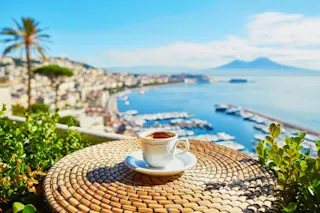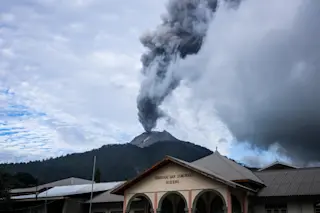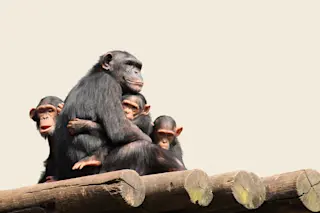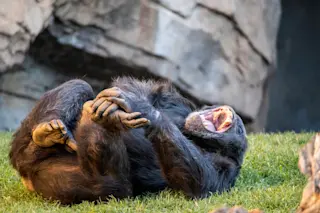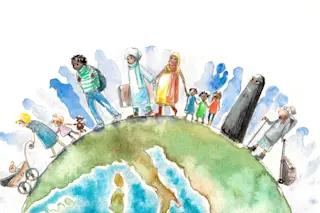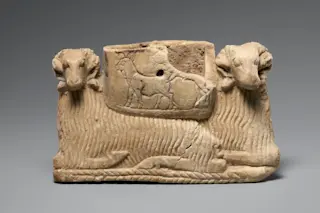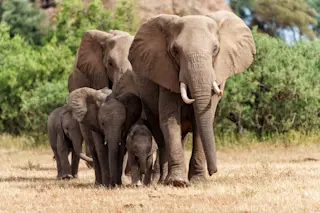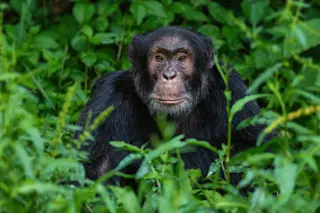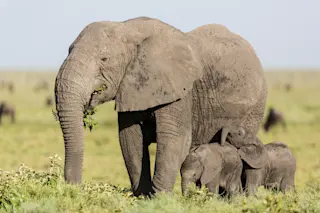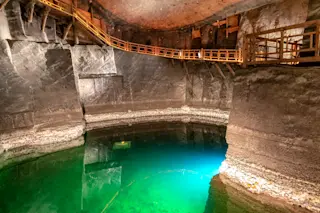Coffee is one of the most widely consumed beverages on Earth; around two billion cups are drunk each day on almost all corners of the globe. Options for daily caffeine abound, from a quick and easy instant coffee, to finely filtered or specialty brews.
“I think the interesting thing about coffee is that it's been used in so many different ways,” says Jonathan Morris, a professor at the University of Hertfordshire, author of Coffee. A Global History and co-presenter of the “A History of Coffee” podcast series.
Of course, as a stimulant, coffee has its functional uses to give us a jolt of energy, Morris continues, but over the years it has also been associated with intellectuals and thinkers, become closely intertwined with a variety of traditions across the globe, and acted as a fuel for social interactions. Today, that is still reflected in the different ways people drink coffee.
...



